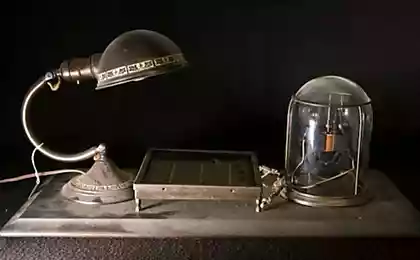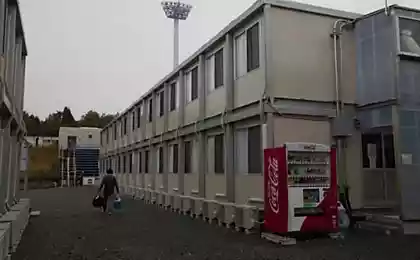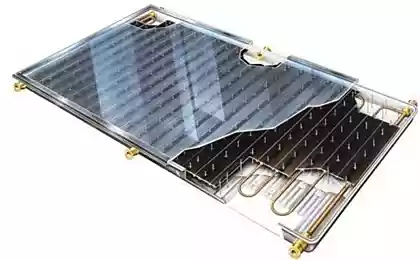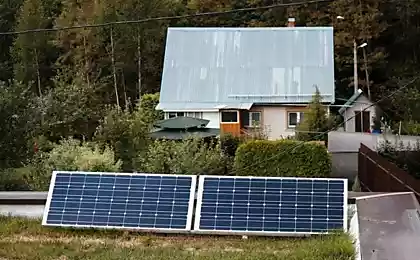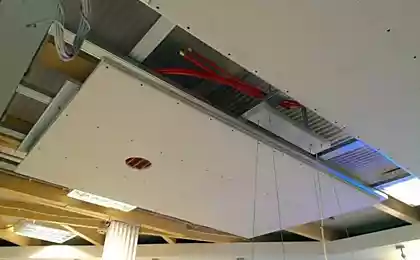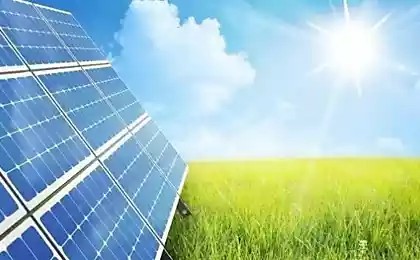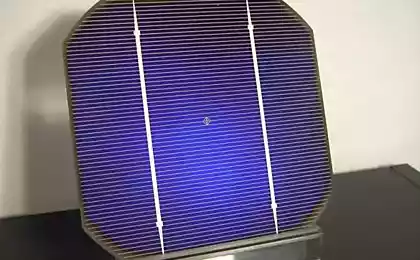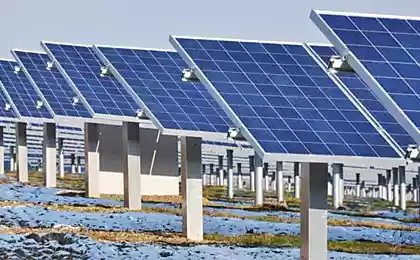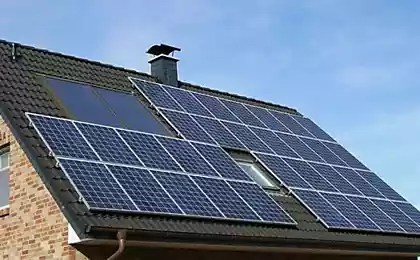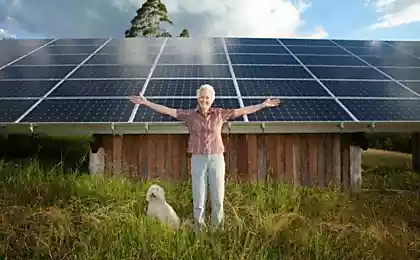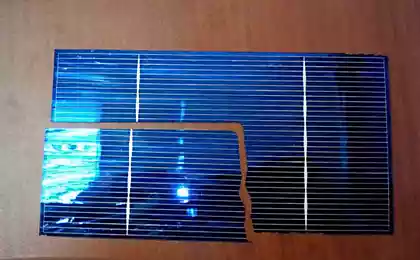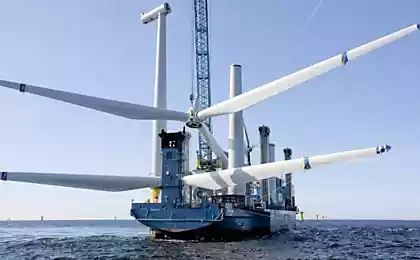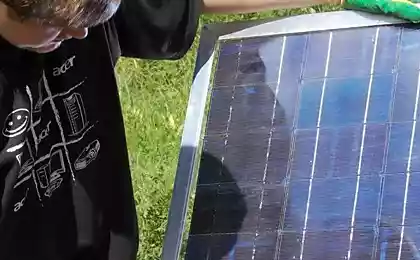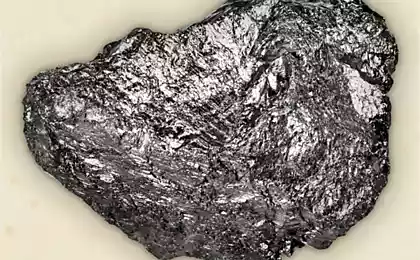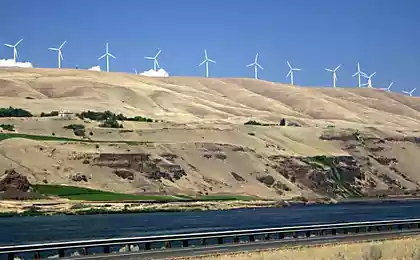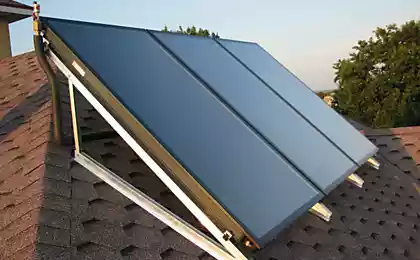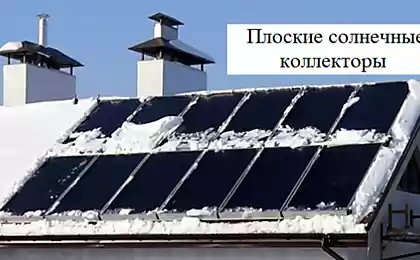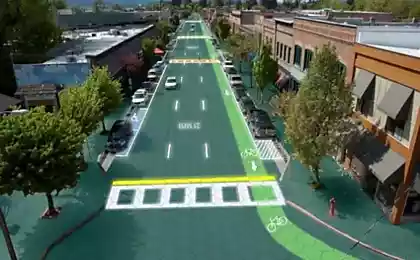627
How solar panels work in winter
Over the past 30 years, solar power for the home installed in all climate zones around the world; they have even been used for expeditions to Antarctica.
Here are the answers to the most frequently asked questions about the performance of solar panels and their maintenance during the winter months.
How solar panels work in winter?
So how do solar modules work with light, not with heat, we don't care how cold it is outside. In fact, solar panels work better in cooler temperatures than in hot temperatures.
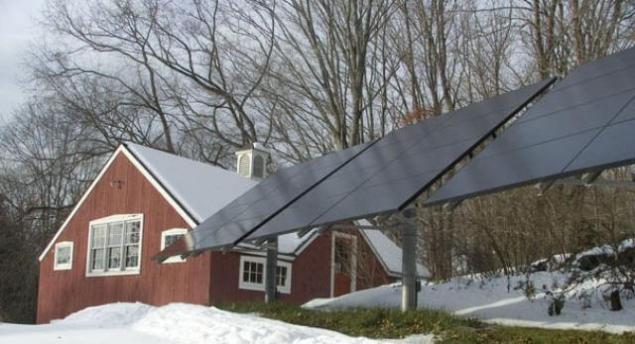
Because in winter it's cloudy, will my solar panels generate electricity at all?
Yes. Even if it is cloudy outside, Your solar panels will still produce electricity. Until there is solar radiation, although small, your system will convert it into pure energy. So as the days a little shorter, and the radiation is not that powerful, you won't generate this amount of energy as during the long summer days.
Therefore, the choice of equipment should be approached with the support of qualified specialists to keep Your system than other panels have proven effective in low-light conditions. On cloudy days, the light is diffused and scatters in all directions, so you need to use high quality materials that perceive the luminous flux at different angles, capturing more solar energy.
What to do if it snows?
In the event of installation, selected special angles for better visualization of the solar radiation to obtain the maximum amount of sunlight; as a rule, your system will be oriented to the South, West or South-West. Because the panels are smooth, snow doesn't stick to them, as it would be in the case of conventional roofing, so usually it melts quickly and easily or by itself falls down.
All solar panels are designed to carry a certain amount of weight — including snow, as a rule, it may not be heavy enough to cause problems. All solar panels are tested under pressure to assess the durability and quality. Estimates vary depending on the bar, with higher pressures indicating that your panel is better to withstand the weight of heavy snow.
If snow covers your panels, they can't produce energy, but to clean them easily enough. Solar panels require sunlight to produce electricity so that if your solar panels covered with snow, they will not generate electricity. Most panels are tilted at an angle so the snow will slide off of its own accord, but it may take some time. You can take control of the situation, clearing the panels of snow with a special tool that will not damage the panel.
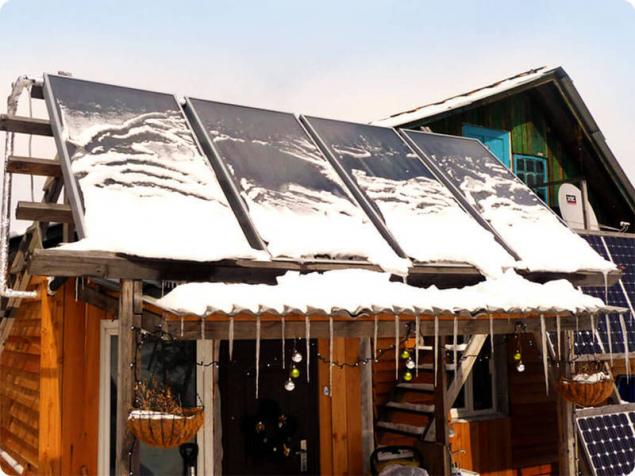
Like most electronics, solar panels work more efficiently in cold conditions than in hot. This means that your panels will produce more energy for every precious hour of sunlight during the short days of winter.
What to do if there is a lot of snow?
There are times that snow can accumulate on Your floors, and part of it still remains on the panels during snow storms. If you need to remove snow from the roof, this is because You are concerned about excess weight, for this situation, we recommend to hire professionals. They are faced with these challenges many times and know where your panels are located and can gently remove most of the snow from your panels and roof.
You don't have to live in the southern part of our country to generate large amounts of energy, and to protect yourself from the loss of a significant amount of snow. Remember that even if You live in the Northern part, the severe winter lasts only three months, so the days of low sunlight and heavy snowfall is limited.
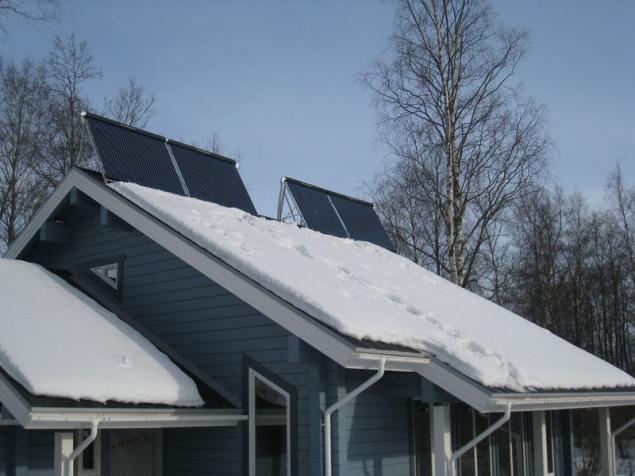
What about large fluctuations in temperature between day and night reaches 20°C?
Extreme temperature changes can lead to the destruction of low-quality solar cells and panels. A good analogy can be made with our roads, when you go to the substantial fluctuations in temperature.
When the temperature is above zero, the rain seeps down into the asphalt. When the temperature drops below freezing, the water that seeped into the pavement freezes and expands, causing cracks and potholes.
The same happens with poor quality panels which suit its low price. Since the density of joints of designs, quality of materials is poor, the temperature cycles simply destroy the structure and significantly degrade the performance of the solar plant.
Now that you know that your solar panels can produce electricity even in the winter, then You know that in winter you can do. published
Source: svn-energy.com.ua/ru/uslugi/solnechnaya-energetika/kak-solnechnye-paneli-rabotayut-v-zimnij-period
Here are the answers to the most frequently asked questions about the performance of solar panels and their maintenance during the winter months.
How solar panels work in winter?
So how do solar modules work with light, not with heat, we don't care how cold it is outside. In fact, solar panels work better in cooler temperatures than in hot temperatures.

Because in winter it's cloudy, will my solar panels generate electricity at all?
Yes. Even if it is cloudy outside, Your solar panels will still produce electricity. Until there is solar radiation, although small, your system will convert it into pure energy. So as the days a little shorter, and the radiation is not that powerful, you won't generate this amount of energy as during the long summer days.
Therefore, the choice of equipment should be approached with the support of qualified specialists to keep Your system than other panels have proven effective in low-light conditions. On cloudy days, the light is diffused and scatters in all directions, so you need to use high quality materials that perceive the luminous flux at different angles, capturing more solar energy.
What to do if it snows?
In the event of installation, selected special angles for better visualization of the solar radiation to obtain the maximum amount of sunlight; as a rule, your system will be oriented to the South, West or South-West. Because the panels are smooth, snow doesn't stick to them, as it would be in the case of conventional roofing, so usually it melts quickly and easily or by itself falls down.
All solar panels are designed to carry a certain amount of weight — including snow, as a rule, it may not be heavy enough to cause problems. All solar panels are tested under pressure to assess the durability and quality. Estimates vary depending on the bar, with higher pressures indicating that your panel is better to withstand the weight of heavy snow.
If snow covers your panels, they can't produce energy, but to clean them easily enough. Solar panels require sunlight to produce electricity so that if your solar panels covered with snow, they will not generate electricity. Most panels are tilted at an angle so the snow will slide off of its own accord, but it may take some time. You can take control of the situation, clearing the panels of snow with a special tool that will not damage the panel.

Like most electronics, solar panels work more efficiently in cold conditions than in hot. This means that your panels will produce more energy for every precious hour of sunlight during the short days of winter.
What to do if there is a lot of snow?
There are times that snow can accumulate on Your floors, and part of it still remains on the panels during snow storms. If you need to remove snow from the roof, this is because You are concerned about excess weight, for this situation, we recommend to hire professionals. They are faced with these challenges many times and know where your panels are located and can gently remove most of the snow from your panels and roof.
You don't have to live in the southern part of our country to generate large amounts of energy, and to protect yourself from the loss of a significant amount of snow. Remember that even if You live in the Northern part, the severe winter lasts only three months, so the days of low sunlight and heavy snowfall is limited.

What about large fluctuations in temperature between day and night reaches 20°C?
Extreme temperature changes can lead to the destruction of low-quality solar cells and panels. A good analogy can be made with our roads, when you go to the substantial fluctuations in temperature.
When the temperature is above zero, the rain seeps down into the asphalt. When the temperature drops below freezing, the water that seeped into the pavement freezes and expands, causing cracks and potholes.
The same happens with poor quality panels which suit its low price. Since the density of joints of designs, quality of materials is poor, the temperature cycles simply destroy the structure and significantly degrade the performance of the solar plant.
Now that you know that your solar panels can produce electricity even in the winter, then You know that in winter you can do. published
Source: svn-energy.com.ua/ru/uslugi/solnechnaya-energetika/kak-solnechnye-paneli-rabotayut-v-zimnij-period
